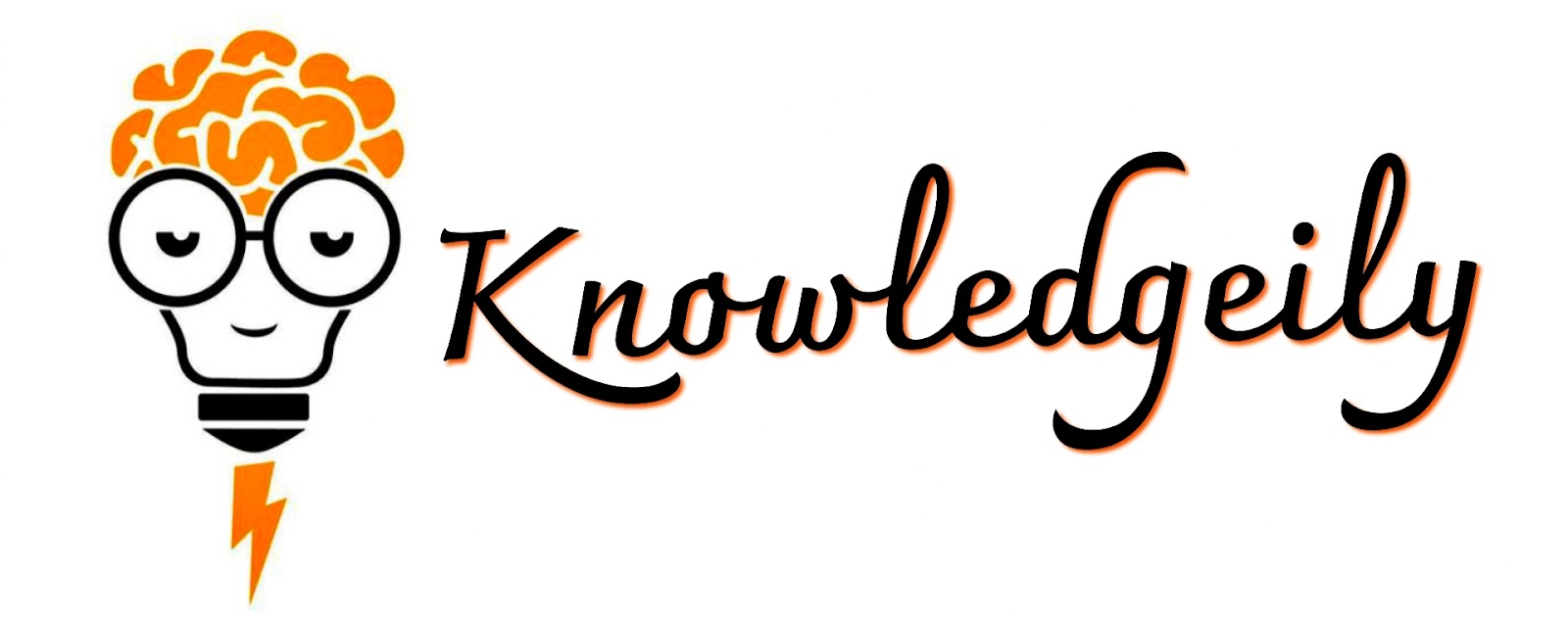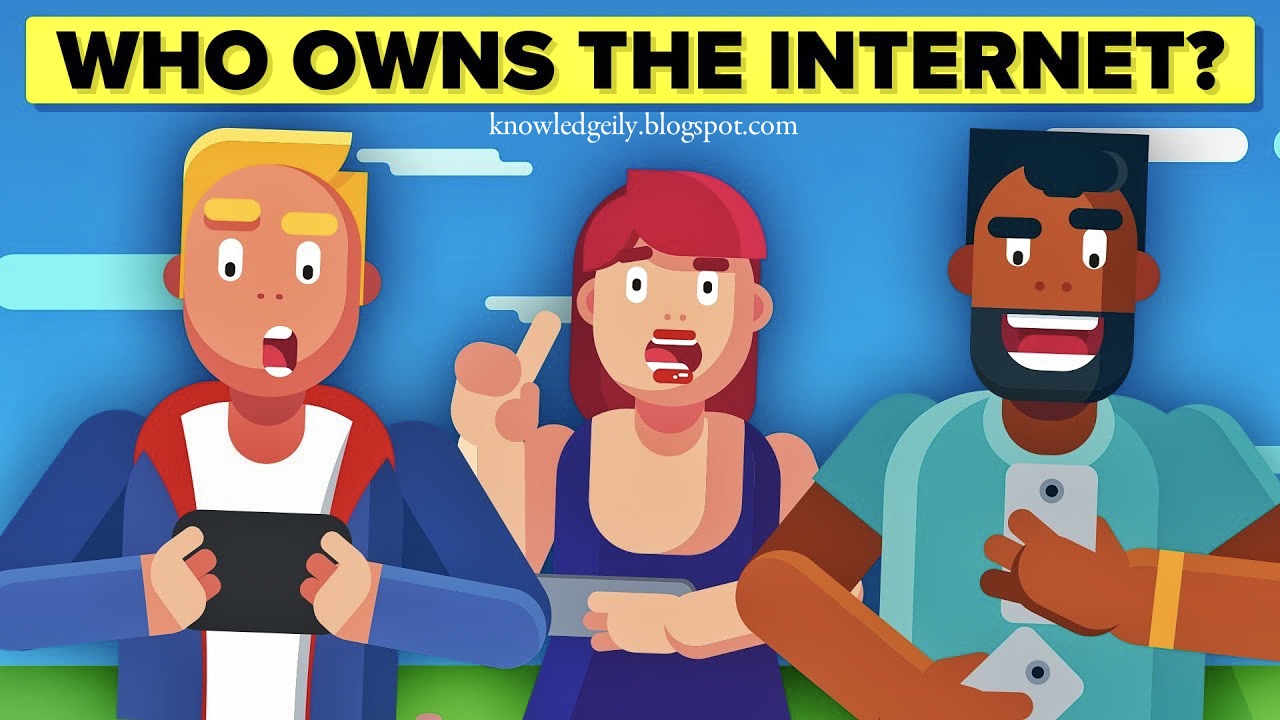Who Owns the Internet? Unraveling the Complex Web of Internet Ownership
In the modern digital age, the internet is an integral part of our daily lives. It has revolutionized communication, commerce, and the way we access information. But when we ask the question, "Who owns the internet?" the answer isn't straightforward. The internet is a vast and intricate network that involves many stakeholders and layers of ownership. In this article, we will delve into the complexities of internet ownership to better understand this vital global infrastructure.
The
Internet: A Network of Networks
The internet
is network of networks. It's a decentralized system where a
multitude of interconnected networks and devices work together to transmit
data. This decentralized nature is what makes defining ownership so
challenging. Let's break down the key aspects of internet ownership:
1.
Internet Service Providers (ISPs):
ISPs are
companies or organizations that provide internet access to users. They control
the last mile of the internet, delivering data from the global network to
individual users. ISPs own and operate the physical infrastructure that
connects your home or business to the internet. Examples of ISPs include
Comcast, AT&T, and Verizon. While they control the "on-ramps" to
the internet, they don't own the internet itself.
2. Data
Centers and Backbone Providers:
Data centers
are facilities housing servers and networking equipment that store and
distribute web content. These data centers are operated by companies like
Amazon Web Services (AWS), Google Cloud, and Microsoft Azure.
Backbone
providers are responsible for the high-speed connections that carry internet
traffic across long distances. Companies like Level 3 Communications and
CenturyLink are backbone providers. These entities play a crucial role in the
internet's infrastructure but do not own the entire network.
3. Domain
Name Registries:
Domain name
registries maintain and manage top-level domains (TLDs), such as .com, .org,
and .net. Examples include Verisign (for .com) and Public Interest Registry
(for .org). While they control the allocation of domain names, they don't own
the internet itself.
4.
Internet Governance Organizations:
Organizations
like the Internet Corporation for Assigned Names and Numbers (ICANN) play a
role in coordinating and managing critical internet resources, such as IP
addresses and domain names. They ensure the stable and secure operation of the
internet, but they do not own it.
5.
Governments and Regulatory Bodies:
Governments
have authority over the internet within their borders. They can regulate and
control aspects of internet use, such as censorship and privacy laws. However,
no single government owns the entire internet, and global cooperation is
essential for its functioning.
Subscribe our WhatsApp channel Click to join
6. Users
and Content Providers:
Every
individual, business, or organization that uses the internet owns and controls
their own data and content. They are responsible for managing their websites,
online platforms, and the data they upload. However, this does not equate to
ownership of the internet as a whole.
The
Internet's Roots: ARPANET and the Transition to Commercial Use
The
internet's origin can be traced back to the ARPANET, a research project funded
by the U.S. Department of Defense in the 1960s. ARPANET laid the groundwork for
the development of the modern internet. Over time, it transitioned from a
government and research-oriented network to a global, commercial, and
interconnected system.
The Nature of the Internet
The
internet's decentralized nature is one of its defining features. It's a global
network that transcends borders and jurisdictions. No single entity or
organization owns the entire internet because it's a collaborative effort that
involves various stakeholders worldwide.
The Role
of Protocols and Standards
Internet
protocols and standards, such as TCP/IP, HTTP, and DNS, serve as the common
language and rules that allow different networks and devices to communicate and
operate together seamlessly. These protocols are developed and maintained
through open, international collaboration. They ensure the interoperability and
integrity of the internet.
Conclusion:
The Internet Belongs to Everyone
In the grand
scheme of things, the question of who owns the internet doesn't have a
definitive answer. Instead, it's a shared resource owned collectively by the
global community of users, organizations, and governments. The beauty of the
internet lies in its openness and accessibility. It is a platform for
innovation, communication, and collaboration that empowers individuals,
businesses, and societies around the world.
While no
single entity owns the internet, it is important to recognize that various
stakeholders have specific roles and responsibilities in maintaining its
functionality and security. Collaboration among ISPs, data centers, domain
registries, internet governance organizations, governments, and users is
essential to ensuring that the internet remains a reliable and open platform
for all.
In the end,
the internet belongs to everyone who uses it, and the responsibility to protect
and preserve this invaluable resource falls on all of us. Understanding the
complexities of internet ownership is the first step toward ensuring its
continued success and utility in our rapidly evolving digital world.
Most Read: Experience The Breathtaking View With World's First Pilotless Electric (eVTOL) Taxi










Post a Comment